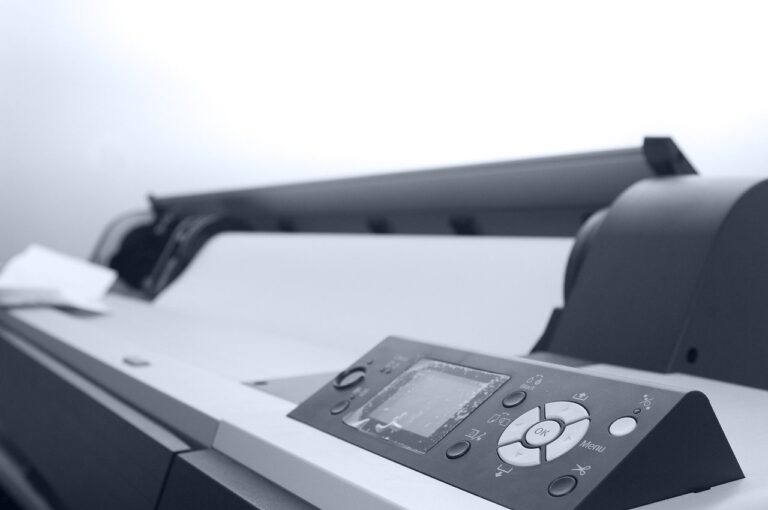
When Figma announced its initial hoped-for price range on Monday ($25-$28), it also revealed an unusual decision for its highly anticipated IPO.
It will allow existing shareholders to sell more shares than the company plans to sell, by a high ratio. The company plans to offer about 12.5 million shares. Yet existing shareholders will be allowed to cash out of nearly 24.7 million shares, it said.
In addition, should this IPO be as hot as everyone thinks it will be, existing shareholders will get the option to sell, collectively, up to 5.5 million more shares.
Figma founder CEO Dylan Field has disclosed that he plans to sell 2.35 million shares. At the midrange he’ll be cashing out of over $62 million. (That might be a much higher number if the IPO prices above $28, too.)
Even with that sale, he will still own an enormous number of shares and control the company. He will hold 74% of the voting rights after the IPO. This is thanks to supervoting rights of 15 votes per share for the Class B stock he controls, plus the right to vote the Class B shares of his co-founder, Evan Wallace, the company says in its S-1.
Figma’s biggest venture investors are all cashing out some shares, as well, including Index, Greylock, Kleiner Perkins, and Sequoia. Should the demand be there for the over-allotment, they will cash out 1.7 million to 3.3 million shares apiece. That should allow them to return some cash to their investors in this liquidity-starved venture market.
It should be noted, though, that each of these investors is keeping the lion’s share of their Figma holdings. One way to interpret this largely secondary sale is that if the company hadn’t opened up share sales to existing investors, it might not have had enough shares to meet the demand.
Techcrunch event
San Francisco
|
October 27-29, 2025
As you might expect, the company will not make money from the shares its stockholders sell. But should it price above its announced range (as often happens with hot IPOs), Figma will raise more, as will its shareholders.
Prior to pricing, IPO experts expected Figma to sell around $1.5 billion worth of stock. Should it price above range and exceed that, Figma would be the biggest IPO of 2025 to date. The IPO could happen next week, so we shall soon see. Figma declined further comment.



